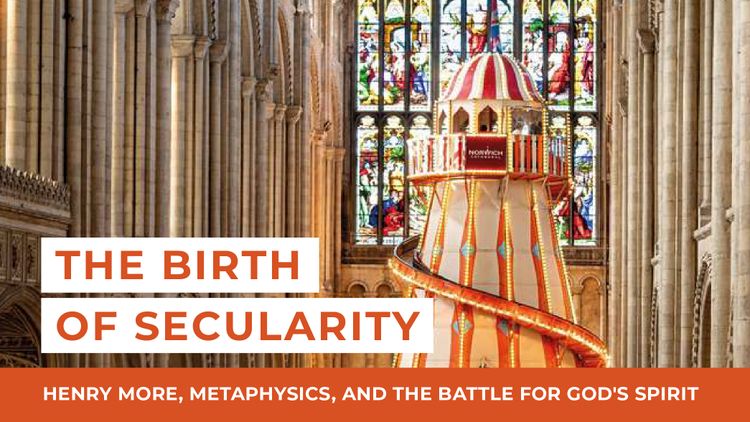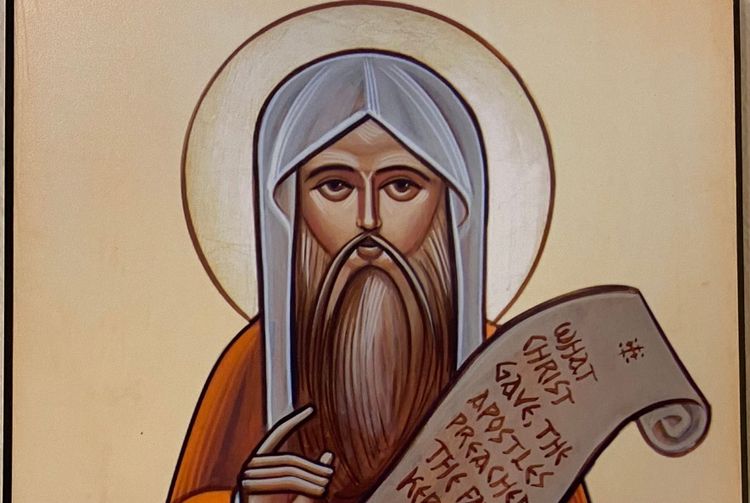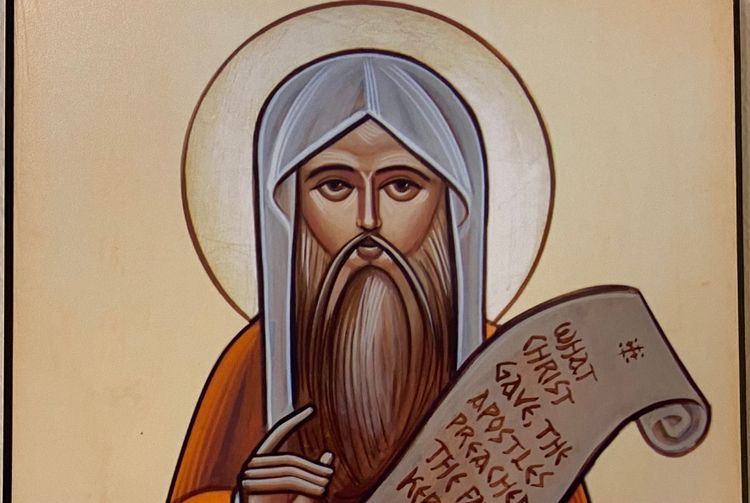News, Vol. 2: Suffering and Catholics

I'm excited to share with you two of my recently published essays, the first published with Mere Orthodoxy and the second over at Ad Fontes.
The first essay was written for Mere Orthodoxy's inaugural print issue. It is undoubtedly the most personal essay I've ever written. I debated with myself for some time about whether to write it, and, once it was written, whether to try to get it published. The content is both intimate and fairly painful, and because it involved my children, I wanted to ensure that I would not be saying anything harmful to them (when they are old enough to read it).
I am no fan of "tell-all" accounts. I find them self-indulgent, and, to be quite frank, embarrassing. To be welcomed into the intimacies of another's life—or, viewed the other way, to put the intimacies of one's own life on display for others—has always seemed to me untoward. It necessitates a certain shamelessness on the part of the speaker and listener alike. This essay is not a "tell-all."
I wrote it for a couple of reasons. First and foremost, the narratives on the progressive left and traditionalist right about children and families are often inattentive to various realities each side would like to forget. Against the progressive left, one cannot affirm enough that children are good, gifts of God: prior to having children, most couples should earnestly desire and pray for them, and once couples have children, they should nurture and care for them, thanking God for the opportunity to do so. Children are not "choices" or lifestyle options or accessories.
But the traditionalist right, in making these necessary claims, tends to elide the real difficulties of conceiving, bearing, and having children, ignoring or downplaying the extraordinary suffering that often attends these: death, depression, complications during and after pregnancy, and so on.
I wrote this essay because both things can, should, and even must be affirmed. But it took some living for me to really understand what affirming both entails. Which leads me to the second reason I wrote this: I was unprepared. Of course, I knew that life is full of difficulties, but it did not occur to me that I could face the sorts of difficulties I faced for the reasons I faced them. In other words, it never occurred to me that children could be occasions of depression as well as elation, sin as well as sanctification, suffering as well as joy. Perhaps my account will be of some help to someone else. Here is an excerpt of my essay:
It is a hard thing not to love one’s children. It is not hard to resent them, to see them as miscreants or burdens, to think them selfish and base, to find their concupiscence by turns infuriating and repugnant. Neither is it hard to love them — it is the easiest thing in the world to see in one’s children a simplicity, purity, and goodness which draw up love from one’s depths as from a well. To resent or to love them is easy. Not to love them is hard.
It was a truism in my childhood that love is not “a feeling,” but a “decision;” love means willing the good for another. This is true, but it is not the last word. As St. Thomas recognized, before we will the good for a thing, we love it first because we find it pleasing to us: the goodness of a thing, “whether real or imaginary, calls forth our love” (ST. Prima Pars, Q. 20, A. 2). The love which resides within us is pulled out of us, so to speak, ravished by the goodness we recognize in the world around us. Thus, to love one’s children is easy because one naturally knows them to be good; to resent one’s children is easy because one sinfully feels them to be onerous, a cross. Not to love one’s children is supremely difficult, because it is the state of knowing them to be good but feeling them to be bad. This bespeaks a deep disorder in the soul: the passions rebel against the intellect, and the will’s allegiance is constantly shifting from one to the other.
You can read the entire essay here.
The second essay I wrote is over at Ad Fontes, and its genesis came to me while I was listening to a recent episode of the The Ezra Klein Show, in which Ross Douthat plays guest host and interviews the Catholic, integralist-adjacent conservative intellectual Sohrab Ahmari. The interview is excellent and worth listening to for its own sake, but as you'll see in the essay, I didn't write about it for its own sake. I wrote about it because of what it reveals about the Catholic intellectual ecosystem and, implicitly, about the Protestant one (or, implicitly again, our lack of one).
Some have mistaken the essay as a paean to the new class of integralist Catholic public intellectuals; far from it. Although I certainly do not begrudge anyone his success, my purpose in this essay is to illuminate why the Catholic new right, regardless of its merits or lack thereof, gets such airtime in the mainstream press and highbrow popular culture. And the reason is not that Catholics are better than Protestants, or that American conservative Catholicism produces the best public intellectuals, but rather that American Catholics are better-networked. If Protestants wish to play in the big leagues, we had better learn from their example. Here is an excerpt of my article:
Last week, Ross Douthat guest-hosted a New York Times’ flagship podcast The Ezra Klein Show, interviewing fellow Catholic writer Sohrab Ahmari.[1] Any number of features from the interview are worth commenting upon. For example, it’s remarkable that Douthat, a conservative Catholic writer, is interviewing Ahmari, another conservative Catholic writer, on a podcast funded by the Times. But one element of this conversation bears particular importance; it is not explicit, and one would not be aware even of its existence unless one already had some inkling about the state of academic historical theology and what popular-level Catholic intellectuals are reading. I’m talking about the significance of Ahmari’s discussion of Andrea Dworkin – the radical, sex-negative second-wave feminist.
This may seem obscure, but bear with me. From these ten minutes of the podcast, we can learn a great deal about the way that knowledge flows from the academy to the masses, and Protestants would do well to pay attention—because we have nothing on the Catholics here.
You can read the whole thing here.



